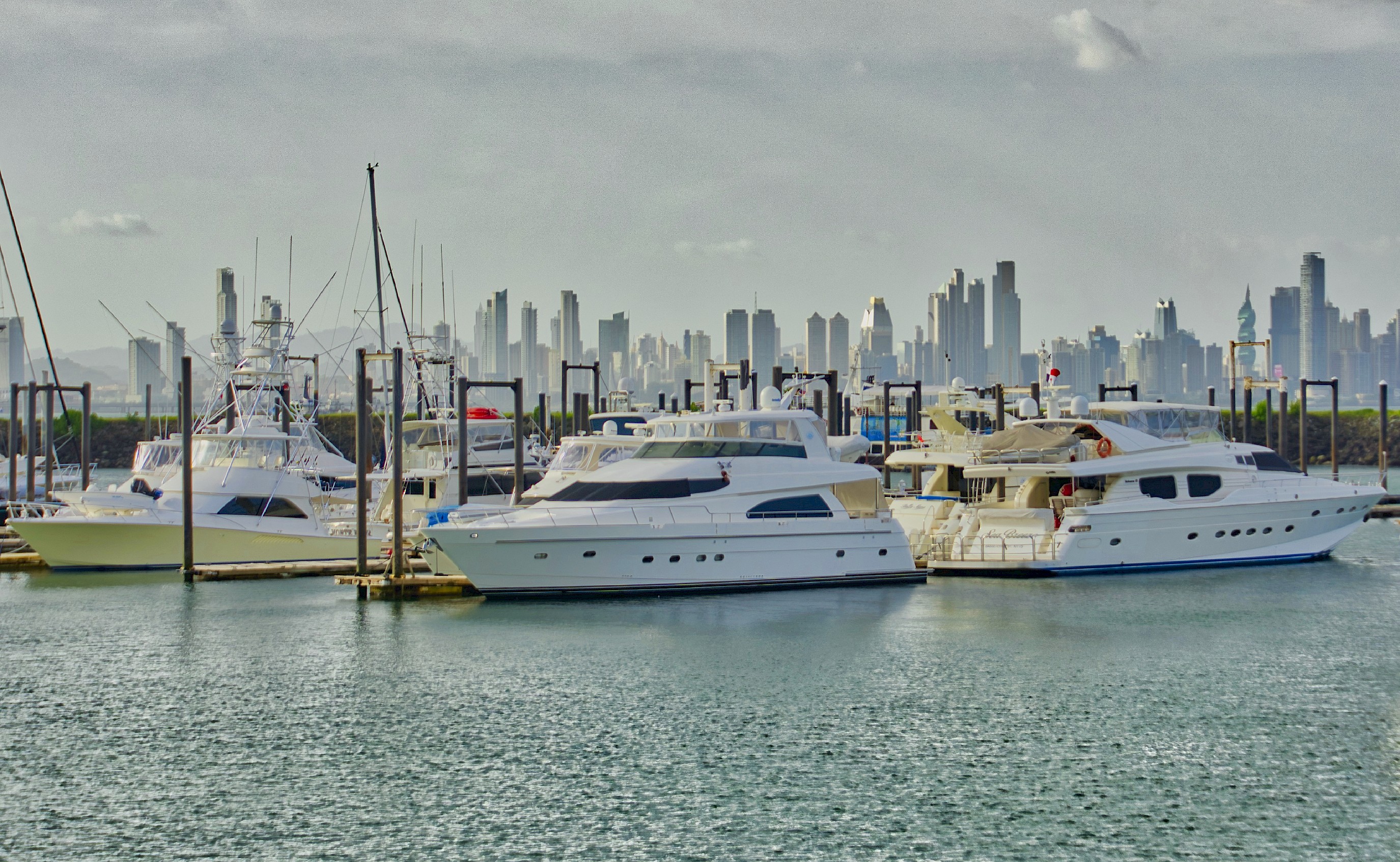The Reason Why the Real Estate Sector is Important for Panama

With a fast-economic development for more than a decade, Panama construction and real estate sector has grown at significant rates over the years, allowing the country to put in the market high end residential, commercial properties as well as infrastructure projects.
As of today, Panama’s bond of the real estate and construction industry are a very important element for the country’s economy. As we know, a vast majority of Panama’s GDP is based on services sector, which includes the Panama Canal, as well as other maritime, logistics and financial activities, but the construction sector is not that behind, since it covers close to 18% to the GDP, and definitely being a pillar to the future of Panama’s economy development.
Construction in Panama is an important job generator
With such a big contribution to the country’s economy, the construction sector is one of the best job generators in Panama, bringing close to 200.000 jobs, which is a substantial amount considering the country’s labor population is around 2.9 million.
This is the reason why both, construction and real estate, are important for Panama’s economic development and its future as well, and the government is very aware of this, implementing laws, benefits and other policies that encourages more key infrastructure projects that allows further development both in the city and the country’s interior region.
One of these examples is the recent changes is in the preferential interest law, where it helps buyers to acquire the first home with a subsidized mortgage interest rate, which was moved from homes values of US$ 120.000 to US$ 180.000. In the current law, the purchase of homes with a value between $120,000 and $150,000, the government will assume 2% of the bank interest, and in the case of real estate between $150,000 and $180,000, the exoneration will be 1.5%. These policies apply to new condos and residential projects, which encourages more construction and maintaining this sector active.
There are also tax incentives to property ownership in terms of newer homes, as well as a tax exemption of $120.000 on the taxable amount for those homes who can be declared primary residence.
A double challenge
For the government, implementing policies to promote newer constructions projects and more real estate development is half of the challenge, being the other half to increase the demand though different strategies, such as promoting home ownership to the local market, with more projects and preferential interest rates, and diversified policies for the international market to attract more foreign investment, including more benefits and tax breaks for international companies, that can lead both to job generation and more residents to establish in the country, improvements in infrastructure, such as public transportation and the airport.
The tourism sector and hosting international events also play a key part for the country to reach more awareness internationally, generating interests over new business travelers from other countries.




